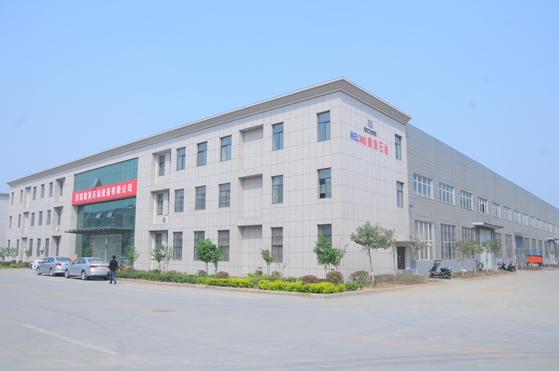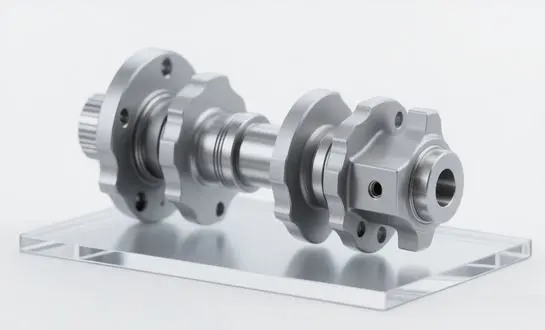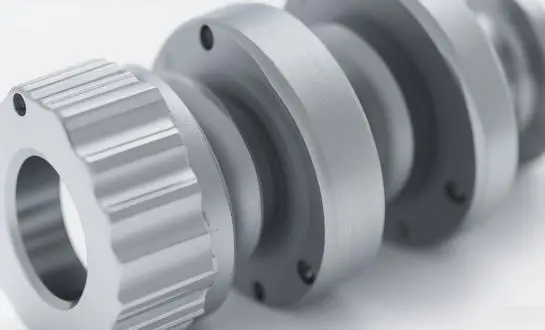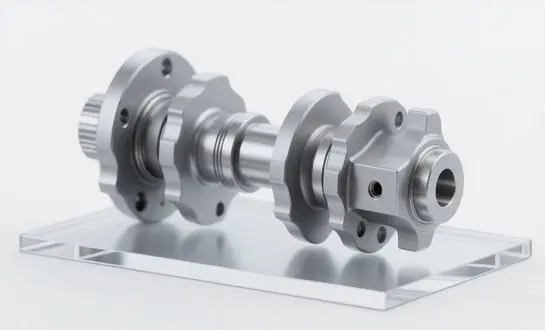Key Factors Influencing Mud Motor-PDC Bit Synergy
The synergy between a Drilling Mud Motor and a PDC bit is influenced by several critical factors that drilling engineers must consider for optimal performance:
Formation Characteristics
The formation's natural features are very important in figuring out how well the mud motor-PDC bit mix works. Rock hardness, abrasiveness, and variety are some of the things that have a big effect on the digging process. When drilling in soft rock, the mud motor's high rotational speed can make the PDC bit cut better, which speeds up the entry rate. On the other hand, when digging in harder rocks, it's important for the motor to be able to give high power.
Wellbore Trajectory
Another important thing to think about is the planned wellbore path. The Drilling Mud Motor is better at turning when directional drilling is being done and precise control over the well's path is needed. When used with a PDC bit, this method gives you precise control over the drilling direction while keeping the drilling speed high. To get the build rate you want and keep control of the direction, you must carefully choose the motor's bend angle and the bit's gauge length.
Hydraulic Parameters
For both the mud motor and the PDC bit to work well, the fluid conditions must be just right. Flow rate, mud weight, and hydraulic horsepower at the bit are some of the things that have a big effect on how well drilling works. Proper hydraulic optimisation makes sure that the PDC bit cutters are cleaned properly and that drill shavings are removed efficiently. This is very important for keeping penetration rates high and stopping bit balling.
Optimizing Drilling Parameters for Enhanced Performance
To maximize the efficiency of the mud motor-PDC bit combination, careful optimization of drilling parameters is essential:
Weight on Bit (WOB)
The applied weight on bit must be carefully balanced to achieve optimal drilling performance. Insufficient WOB may result in inefficient cutting action, while excessive WOB can lead to premature bit wear or motor stalling. The ideal WOB varies depending on formation characteristics and the specific design of the Drilling Mud Motor and PDC bit being used.
Rotary Speed
The combination of mud motor output and surface rotation must be optimized to achieve the desired total RPM at the bit. Higher rotary speeds generally result in increased penetration rates but may also lead to accelerated bit wear in abrasive formations. Balancing rotary speed with other drilling parameters is crucial for maintaining efficient drilling while preserving bit life.
Mud Properties
The properties of the drilling fluid significantly impact the performance of both the mud motor and PDC bit. Factors such as mud weight, viscosity, and solids content must be carefully controlled to ensure optimal motor performance and efficient hole cleaning. Proper mud management also helps prevent differential sticking and minimize formation damage.
Case Studies: Successful Motor-Bit Combinations in Challenging Formations
Real-world examples demonstrate the effectiveness of combining Drilling Mud Motors with PDC bits in various challenging drilling scenarios:
High-Angle Wells in Shale Formations
In a recent project in the Eagle Ford shale play, operators successfully employed a high-performance mud motor coupled with a specialized PDC bit designed for shale formations. This combination allowed for precise directional control while drilling through interbedded shale and limestone layers. The result was a 30% increase in rate of penetration (ROP) compared to conventional rotary assemblies, significantly reducing overall drilling time and costs.
Extended-Reach Drilling in Offshore Applications
An offshore operator in the North Sea utilized a advanced Drilling Mud Motor in conjunction with a PDC bit featuring enhanced hydraulics to drill an extended-reach well with a horizontal displacement of over 10,000 meters. The motor-bit combination enabled efficient drilling through various formation types while maintaining the required trajectory. This approach resulted in a 25% reduction in drilling time compared to offset wells drilled with conventional methods.
Geothermal Well Construction
Engineers in New Zealand used a thermally stable PDC bit and a specifically engineered mud motor for a geothermal drilling operation. This synergy enabled effective drilling through difficult, volcanic rock formations while withstanding temperatures below 300°C in the borehole. In comparison to conventional roller cone bit assemblies, the end result was a marked increase in the efficiency of well construction and penetration rates.
Conclusion
Putting a Drilling Mud Motor and a PDC bit together is a smart idea that could make drilling faster in many scenarios. Drilling experts can get the most out of this powerful pair by giving careful thought to the rock's features, the wellbore's shape, and the factors that affect how it works. When they do this, they can make big changes to the rate of entry, the ability to control the direction of the well, and how well it works overall. The way mud motors and PDC bits work together will become more important for dealing with tough drilling situations as drilling technology keeps getting better.
Maximize Drilling Efficiency – Find Out How Mud Motors and PDC Bits Work Best in Tandem
Do you want to get the most out of your drilling by using high-performance mud motors and PDC bits? We offer cutting-edge solutions that are made to fit your unique drilling problems as a top Drilling Mud Motor manufacturer. We're here to offer assistance you choose out the best motor-bit set for your following extend so that you spare the most cash and get the most out of it. Call us right absent to discover out how our cutting-edge penetrating devices can alter your trade. Do not let terrible boring hold you back. Reach out to us at oiltools15@welongpost.com to learn more about our Drilling Mud Motor products and services.
Welong: Empowering the world with the finest supply chain in China.





